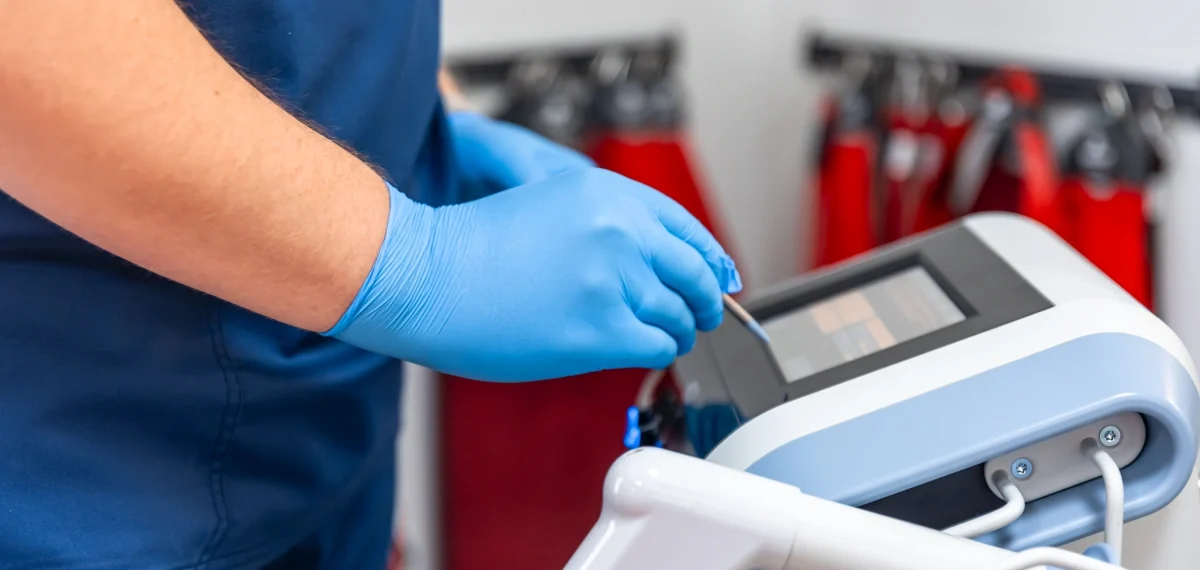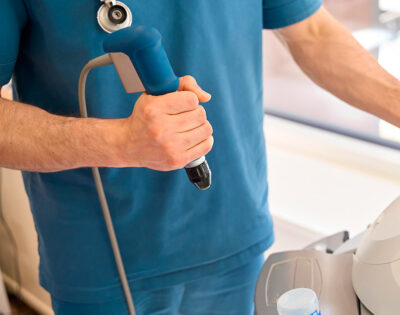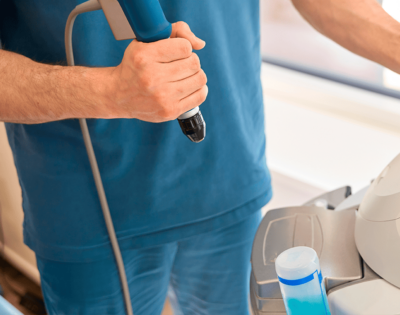Shockwave therapy machines are a staple in modern physiotherapy, chiropractic, and sports medicine practices. They are used to promote healing and pain relief for patients with various musculoskeletal conditions. However, the decision between leasing and buying such a piece of equipment can be daunting. This article will explore the costs and economics of both options to help you determine which financial strategy best aligns with your practice’s needs.
What is a Shockwave Therapy Machine?
Before delving into the pros and cons of leasing versus buying, it’s important to understand what a shockwave therapy machine is and how it can benefit your practice.
Overview of Shockwave Therapy Machines
Shockwave therapy machines deliver acoustic waves to affected areas of the body, promoting regeneration and reparative processes of the bones, tendons, and other soft tissues. This non-invasive treatment has been gaining popularity due to its effectiveness and efficiency.
The Case for Leasing
Leasing a shockwave therapy machine might be a suitable option for practices that prefer to avoid a large upfront investment.
Advantages of Leasing
- Lower Initial Costs: Leasing typically requires a lower initial expenditure, which can be particularly beneficial for new or expanding practices.
- Flexibility: Lease agreements may offer the flexibility to upgrade equipment as newer models become available.
- Tax Benefits: Lease payments can often be deducted as business expenses, potentially reducing the net cost of your lease.
Read more about the financial benefits of leasing equipment
The Case for Buying
Purchasing a shockwave therapy machine outright may be more advantageous for practices with enough capital and a long-term usage perspective.
Advantages of Buying
- Ownership: When you buy a machine, it becomes an asset to your practice.
- No Ongoing Costs: Once the machine is paid off, there are no further lease payments, which can be financially beneficial in the long run.
- Depreciation: The cost of the machine can be depreciated over time, providing tax benefits.
Discover the long-term financial impacts of buying medical equipment
Comparing Costs Over Time
An in-depth comparison of the total costs associated with both leasing and buying over the lifetime of the machine is crucial.
Long-Term Financial Implications
- Lease vs Buy Shockwave Machine Calculator: Tools like these can help practices visualize the financial outcome of each option over time.
- Maintenance and Repairs: Consider the costs of maintaining and repairing the equipment, which can vary depending on whether you lease or buy.
Use our calculator to estimate your costs
FAQ Section
Can I cancel a lease agreement if the machine does not meet my expectations?
Lease agreements typically come with a fixed term, but some may offer clauses that allow for cancellation under certain circumstances. It’s important to review your contract thoroughly.
Is there a difference in the quality of machines available for lease versus purchase?
No, the quality of the machine should be consistent, whether you choose to lease or buy. However, leasing might give you access to newer models as they are released.
What happens at the end of a lease agreement?
At the end of a lease, you typically have the option to purchase the equipment, return it, or upgrade to a new model under a new lease agreement.
Conclusion
Deciding whether to lease or buy a shockwave therapy machine for your practice is a significant decision that impacts your finances and your ability to provide state-of-the-art care. By considering the points discussed above, you can make an informed choice that aligns with your practice’s operational needs and financial goals.
Ready to make a decision? Contact us for personalized advice or to explore the shockwave therapy machines available for your practice.
Don’t forget to download our free guide on “Maximizing the ROI of Your Shockwave Therapy Machine” for additional insights.





